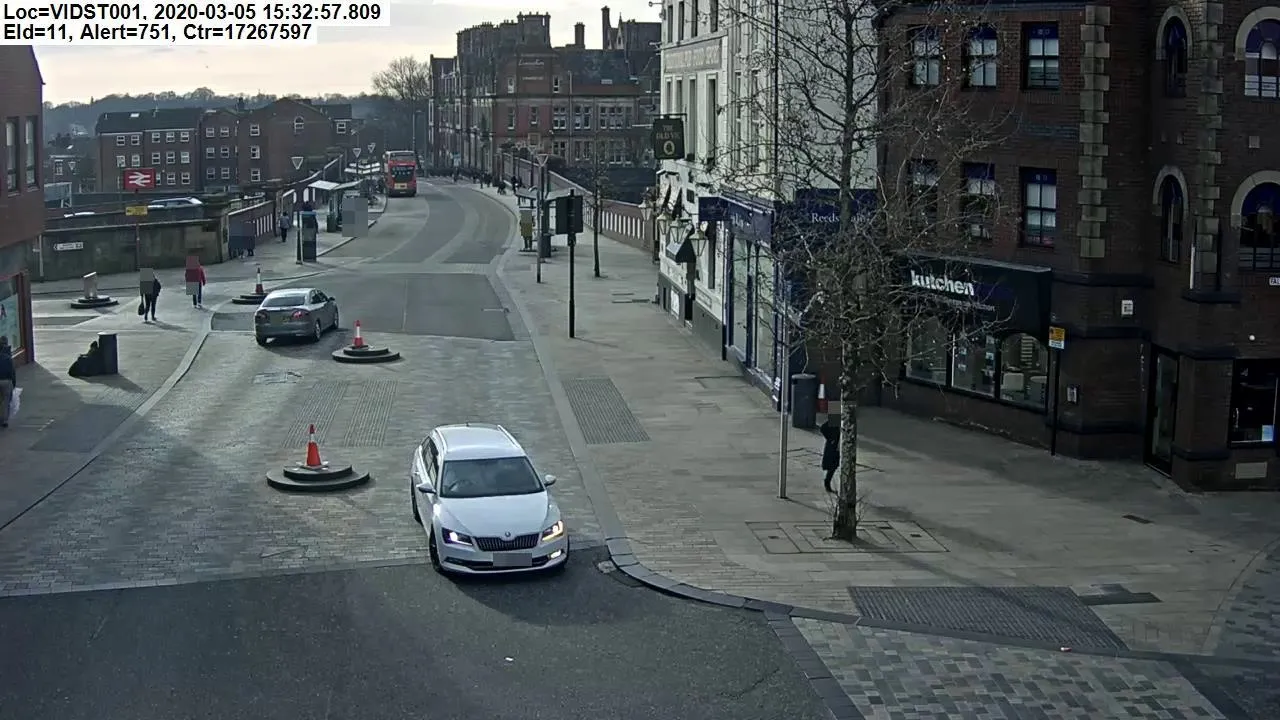Vitronic will use the 2015 ITS World Congress to present its new Enforcement Trailer, a joint development with French partner Cegelec, that combines the traffic calming effect of fixed speed enforcement with the flexibility of a mobile solution.
The Enforcement Trailer is equipped with Vitronic’s PoliScan Lidar measurement technology for unattended speed enforcement across multiple lanes and has a built-in power supply based on high performance batteries. It can operate independently for up to five days an
July 31, 2015
Read time: 2 mins
The Enforcement Trailer is equipped with Vitronic’s PoliScan Lidar measurement technology for unattended speed enforcement across multiple lanes and has a built-in power supply based on high performance batteries. It can operate independently for up to five days and be deployed at sites where automated enforcement at work zones or remote rural roads has been particularly challenging.
Once positioned at the chosen location, the trailer is completely lowered onto the ground. A bullet-proof steel hull provides full protection from vandalism during operation. Case data can be transferred wirelessly to the back office so there is no need to open the trailer during deployment, further enhancing the system integrity.
The French Government has already ordered 150 Enforcement Trailer units to reduce the number of serious accidents in work zones on national roads.
“With the new Enforcement Trailer we offer a fully autonomous speed enforcement system that can be deployed almost anywhere”, says Boris Wagner, Head of International Sales at Vitronic. “It gives authorities unprecedented flexibility with a low total cost of operation since no human supervision is needed.”










